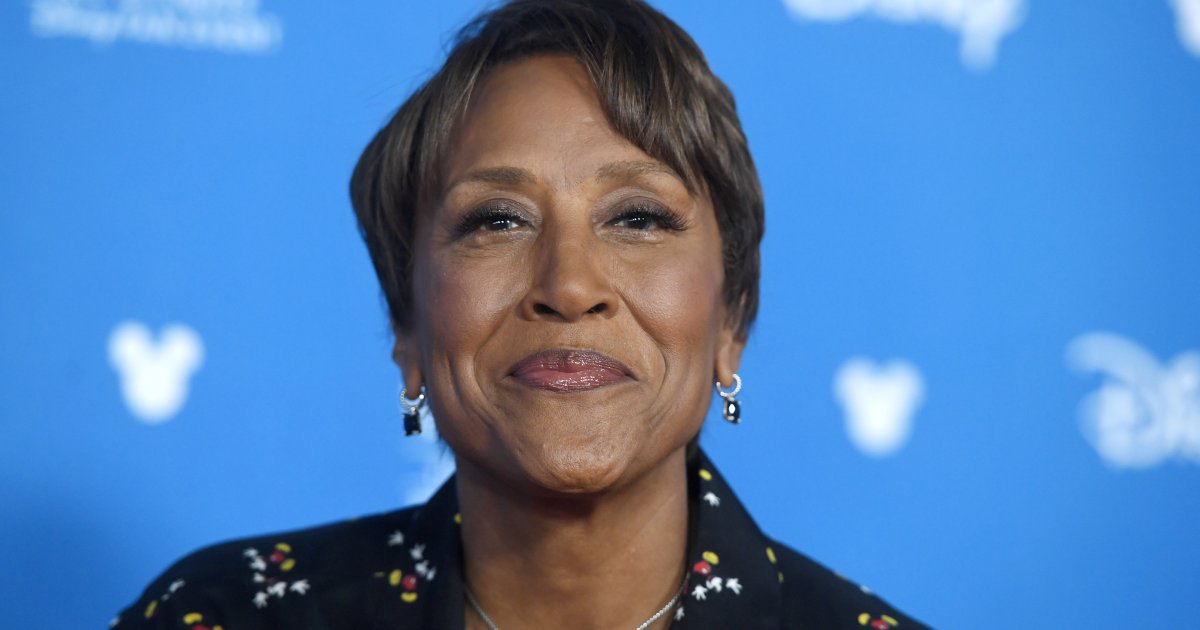Breast cancer survivor Robin Roberts, 60, is continuously spreading good vibes and we love it!
Related: PHOTOS: Celebrity Cancer Survivors
Read MoreView this post on Instagram
Robin’s Cancer Battle
In 2007, Roberts was diagnosed with breast cancer, and she went through her cancer battle quite publicly, too. In addition to her breast cancer battle, the anchor had to have a bone marrow transplant to treat her MDS, a rare type of blood cancer. Roberts discovered her breast cancer while on the job: She was preparing for a news story about the need for early detection for breast cancer, and she performed a self-check at home. While doing an exam on herself, Roberts discovered a lump.
Related: What Are the Options if You Have a High Risk of Developing Breast Cancer?
"At first I thought, 'This can't be. I am a young, healthy woman,’" Roberts said after the incident. She treated her breast cancer with surgery, one of several treatment options for this disease. Breast cancer can also be treated with radiation and chemotherapy. As Roberts discovered, early detection is critically important when it comes to saving lives and expanding treatment options as well.
When discussing surgical options to treat breast cancer, Dr. Ann Partridge, an oncologist at the Dana-Farber Cancer Institute, says in an earlier interview, "So when I talk to a woman who comes to me and she has breast cancer, I evaluate what the standard options for treatment for her are, which typically include cutting out the cancer which is either a lumpectomy if you can get it all with just a little scooping around of the area that's abnormal or a mastectomy for some women meaning taking the full breast because sometimes these lesions can be very extensive in the breast. And I'll talk to a woman about that and I'll say these are two main options or the big fork in the road."
When Should You Consider a Mastectomy?
Focus on Feeling Good
Robin Roberts is such a force of positive energy, and she’s an inspiring example of seeking out the good, even in the face of tremendous hardship, like a cancer battle. In an earlier interview, Dr. Zuri Murrell, a colorectal surgeon at Cedars-Sinai, says, "My patients who thrive, even with stage 4 cancer, from the time that they, about a month after they're diagnosed, I kind of am pretty good at seeing who is going to be OK. Now doesn't that mean I'm good at saying that the cancer won't grow."
Related: Learn to Accept Yourself A Huge Part of Living With Cancer
"But I'm pretty good at telling what kind of patients are going to still have this attitude and probably going to live the longest, even with bad, bad disease," says Dr. Murrell. "And those are patients who, they have gratitude in life."
Learn more about SurvivorNet's rigorous medical review process.


